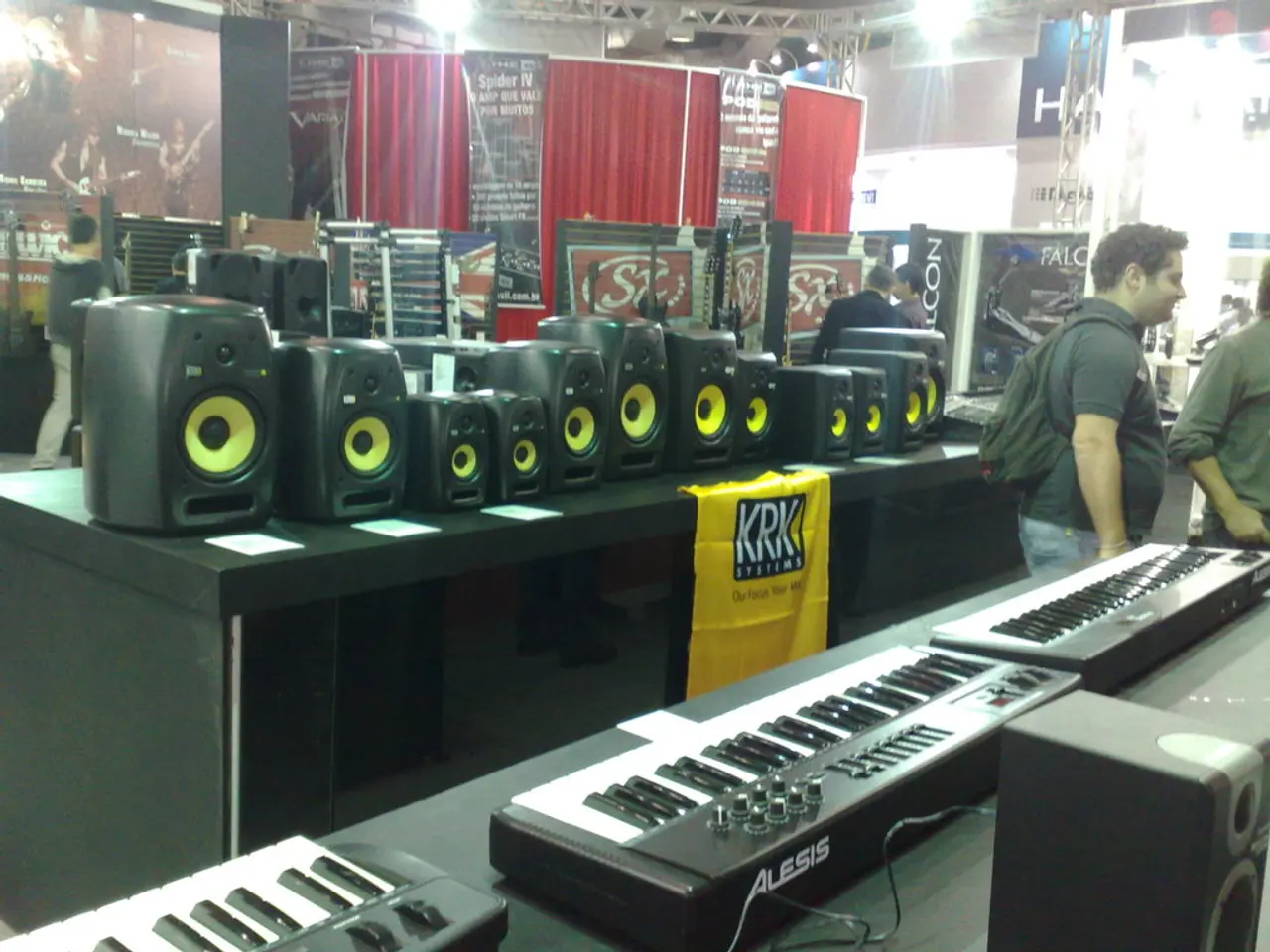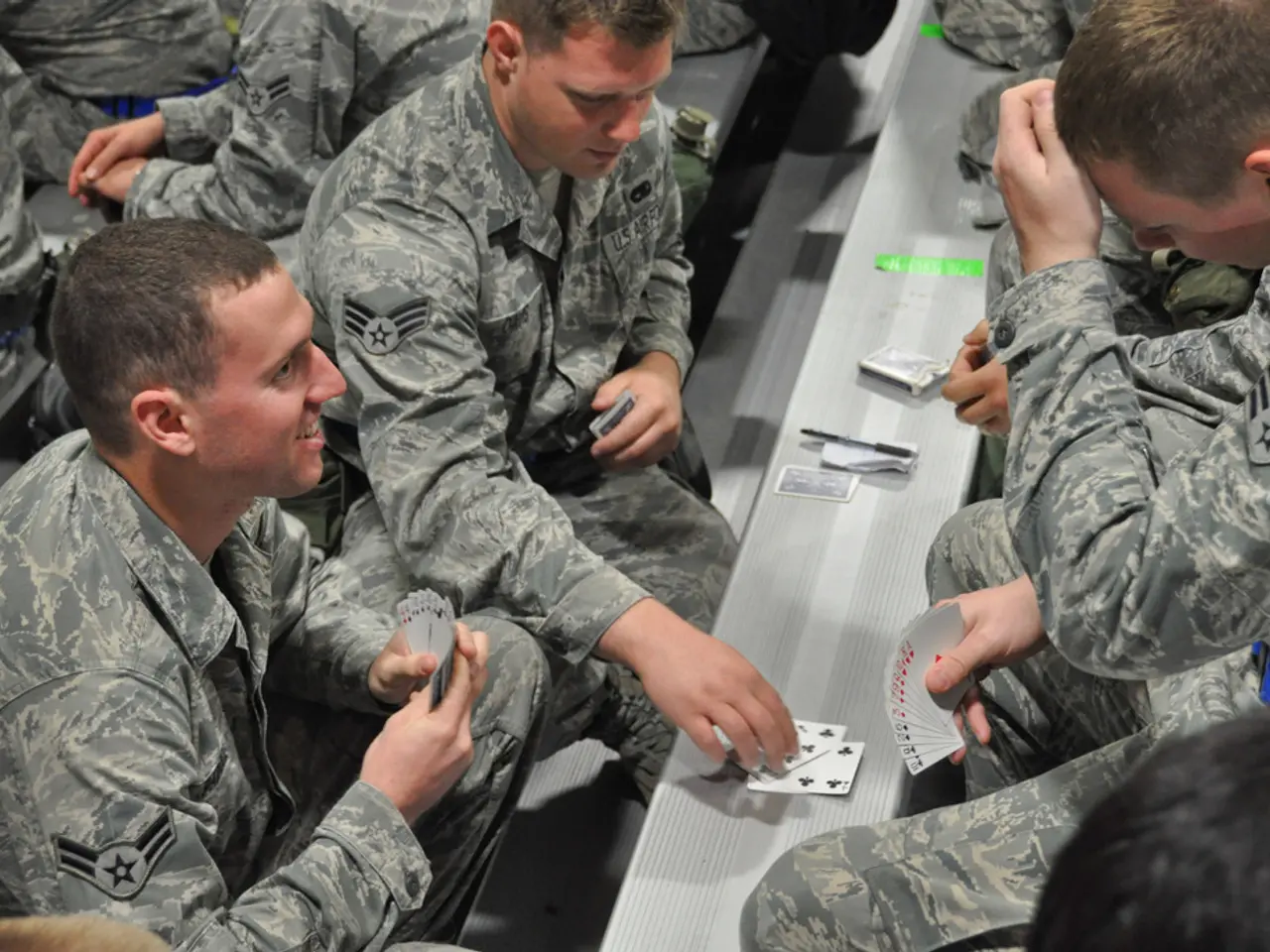New Hampshire's novel casino sector commences operations, featuring video lottery terminals resembling slots
New Hampshire Casinos to Introduce Video Lottery Terminals (VLTs), Boosting Charitable Giving and Economic Growth
New Hampshire is set to expand its charitable casino industry with the introduction of Video Lottery Terminals (VLTs) in its casinos. This move is projected to generate substantial economic benefits, particularly for charities and nonprofit organizations.
Under the new regulations, the casinos' keep has been reduced from 40% to 31.25%, with the remaining 2.5% of the gaming revenue deposited into the New Hampshire Gaming Commission to cover its regulatory costs [1]. The remaining 35% of VLT and table game revenue is allocated for nonprofits, while the state's take has increased from 25% to 31% [2].
The Republican-led General Court has agreed to lift the cap on each casino's number of gaming positions and to allow the gaming venues to house the slot-like terminals [3]. This decision is expected to lead to an increase in gaming capacity and, consequently, a boost in the overall revenue stream available for charities and other state interests.
One of the most significant benefits of VLTs is their potential to generate substantial funds for charities. State projections estimate that the new gaming regulations will generate $70 million a year in new charitable gaming money [4]. For instance, a single major casino project in Salem is expected to generate over $121 million for charities over its first decade of operation [1].
The VLT law in New Hampshire requires the casinos to program the machines to have a "minimum average daily aggregate payback of 80 percent," which is in line with neighboring Massachusetts and 5% higher than in Nevada [2]. This ensures a fair payout for players while maintaining a significant portion of the revenue for charitable causes.
The introduction of VLTs is not just about revitalizing the casinos but also about revitalizing key commercial areas. For example, the Mall of Rockingham Park in Salem is expected to benefit from the casino development, boosting tourism and generating local economic activity [1].
Along with VLTs, the 2025-26 budget allows casinos to host high-stakes poker and other table game tournaments [2]. In these tournaments, 5% of the house winnings go to the state [1].
New Hampshire continues to liberalize its charitable casino industry, and the phased approach to casino openings aims to quickly add charitable gaming options alongside entertainment and tourism assets [1]. This approach enhances both economic growth and charitable funding simultaneously.
In conclusion, the introduction of VLTs in New Hampshire casinos promises to bring significant economic benefits, particularly for charities and nonprofit organizations. The increased gaming capacity, fair payout rates, and expanded gaming options are expected to generate substantial revenues for both the state and charitable causes, while also revitalizing key commercial areas.
- The casinos in New Hampshire will soon introduce Video Lottery Terminals (VLTs), a change expected to boost charitable giving and economic growth.
- This expansion of charitable casinos is projected to generate substantial economic benefits, with a significant portion of the gaming revenue allocated for nonprofits.
- The Republican-led General Court has agreed to allow casinos to house slot-like terminals, increasing their gaming capacity and overall revenue stream.
- State projections estimate that the new gaming regulations will generate $70 million a year in new charitable gaming money, with a single major casino project in Salem expected to generate over $121 million for charities.
- The VLT law in New Hampshire requires casinos to maintain a minimum average daily aggregate payback of 80 percent, similar to Massachusetts and 5% higher than in Nevada.
- Apart from VLTs, casinos will also be allowed to host high-stakes poker and other table game tournaments, with 5% of the house winnings going to the state.
- The phased approach to casino openings in New Hampshire aims to quickly add charitable gaming options alongside entertainment and tourism assets, enhancing both economic growth and charitable funding.
- The introduction of VLTs, expanded gaming options, and the revitalization of key commercial areas suggest a positive outlook for the casino-and-gambling industry in New Hampshire's politics and general news.




